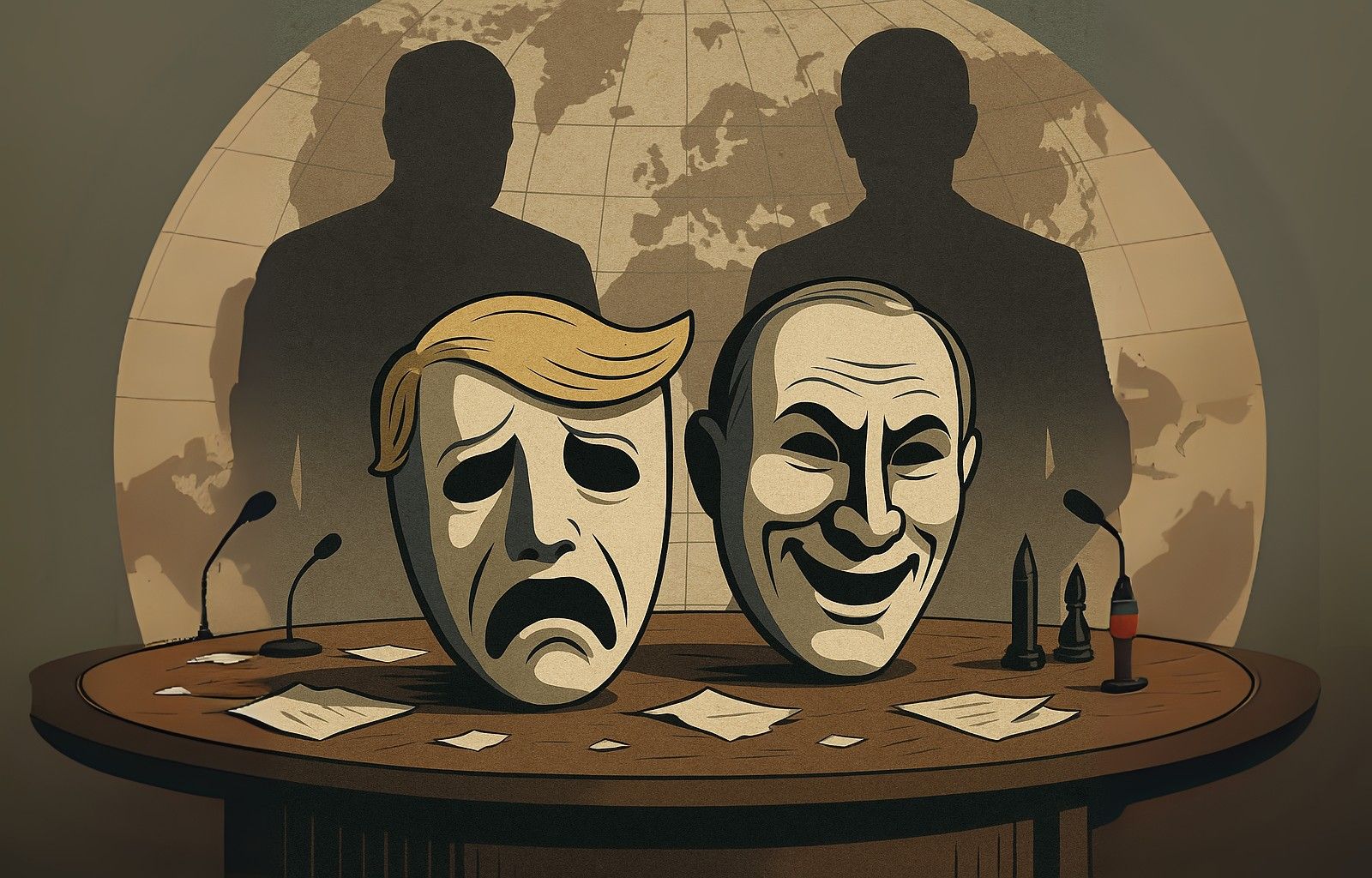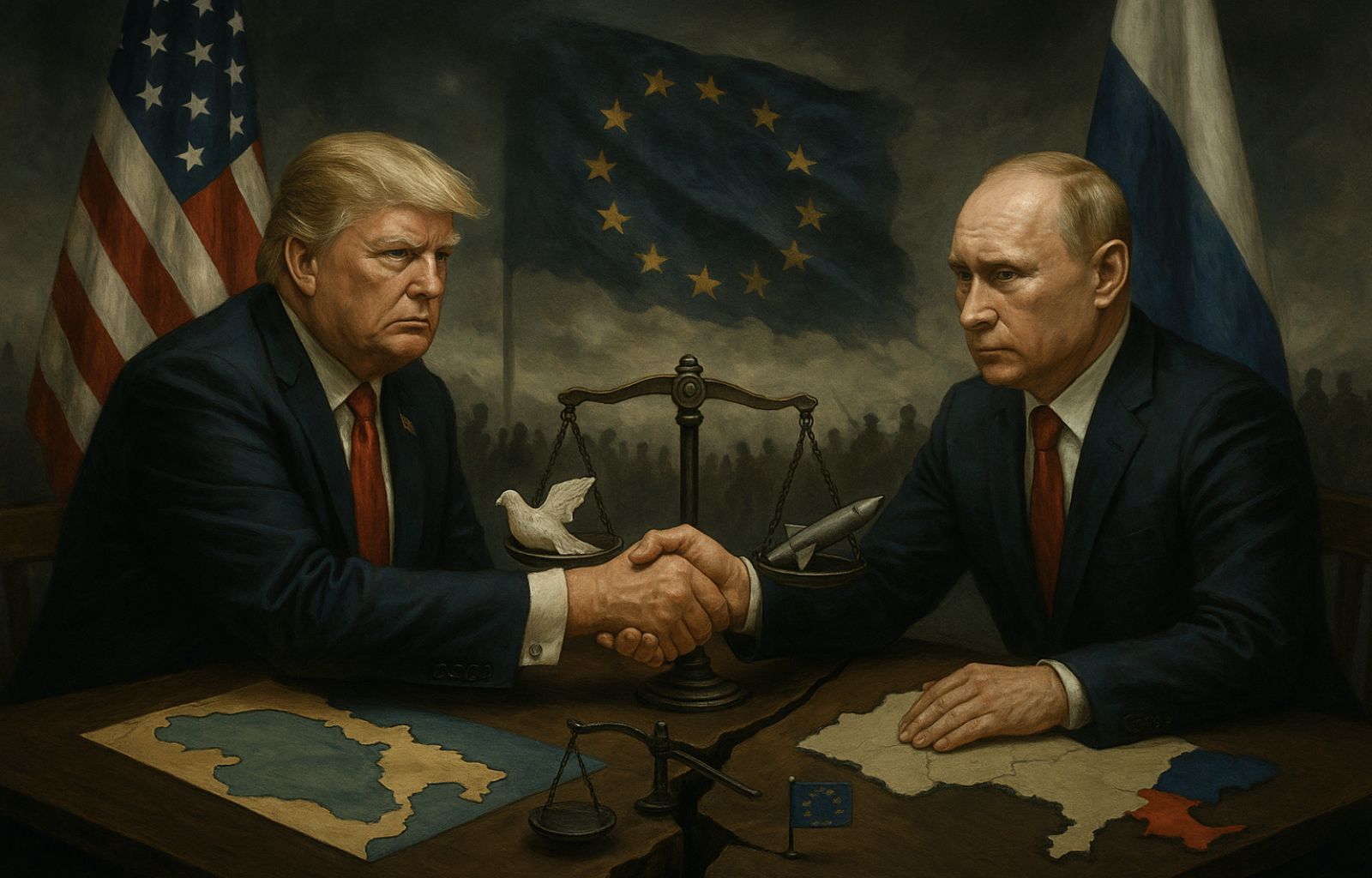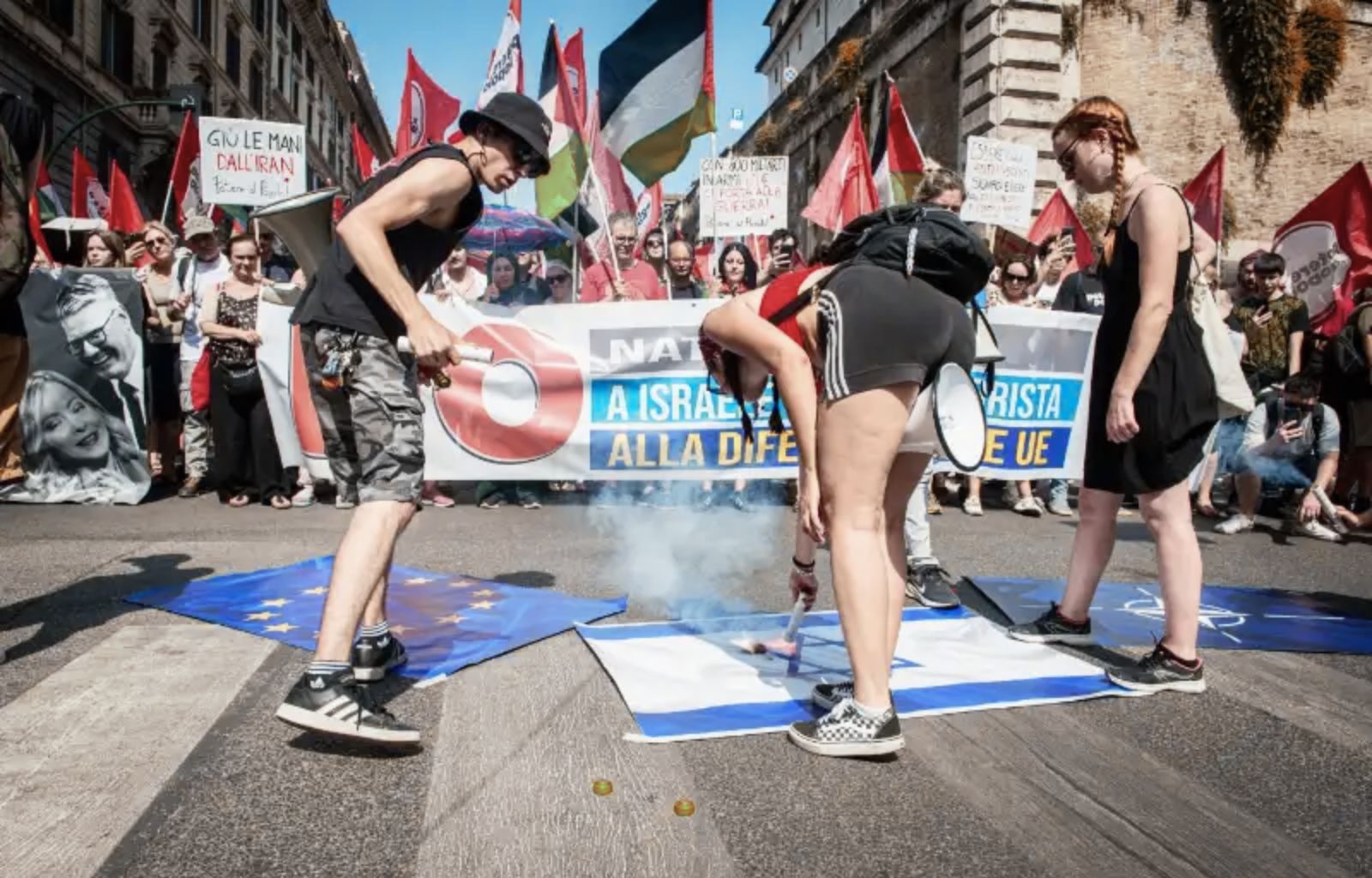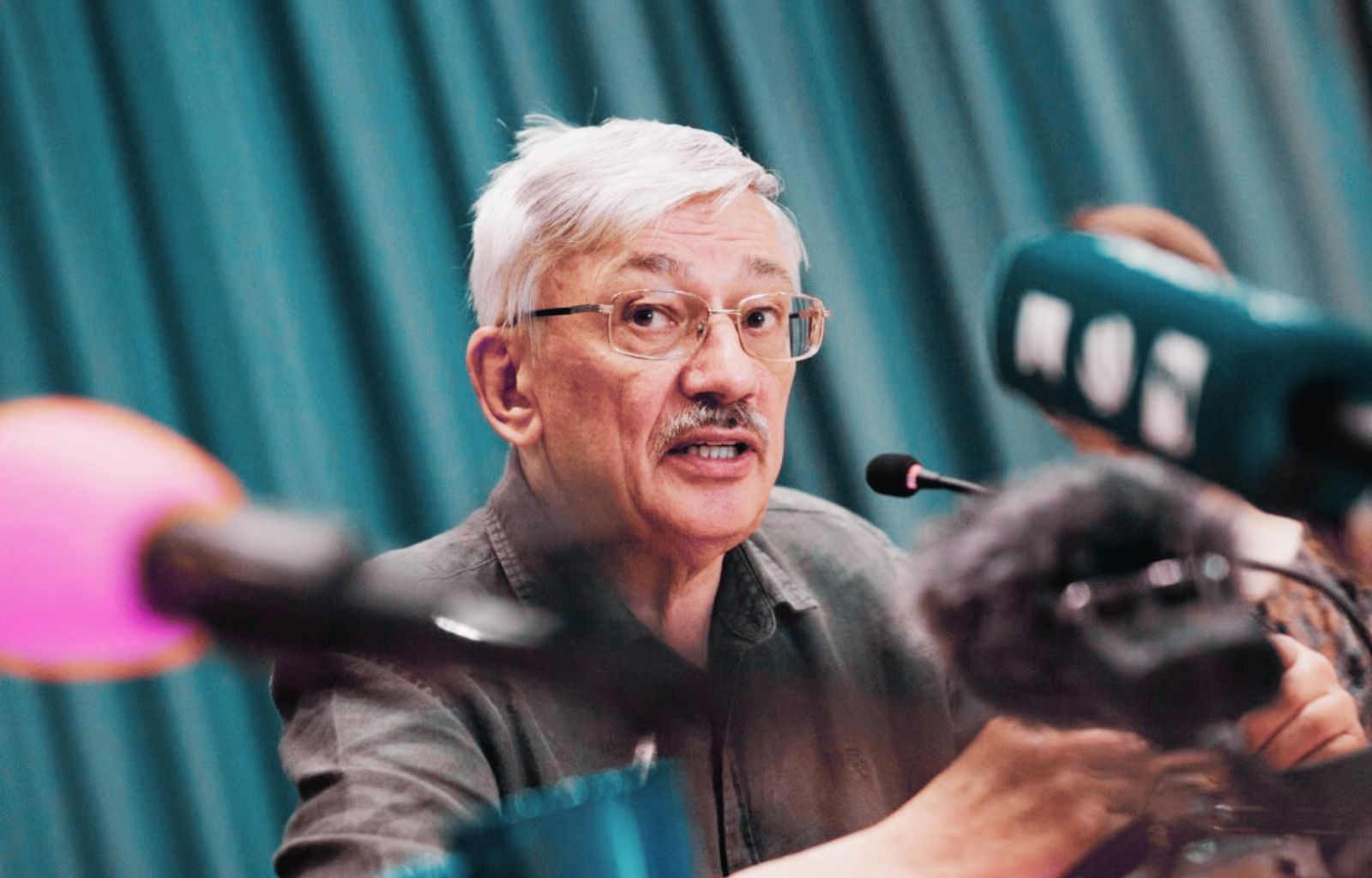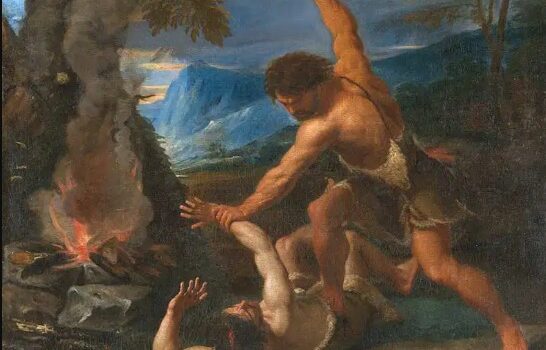Galileo, why does myth appeal more than true history?
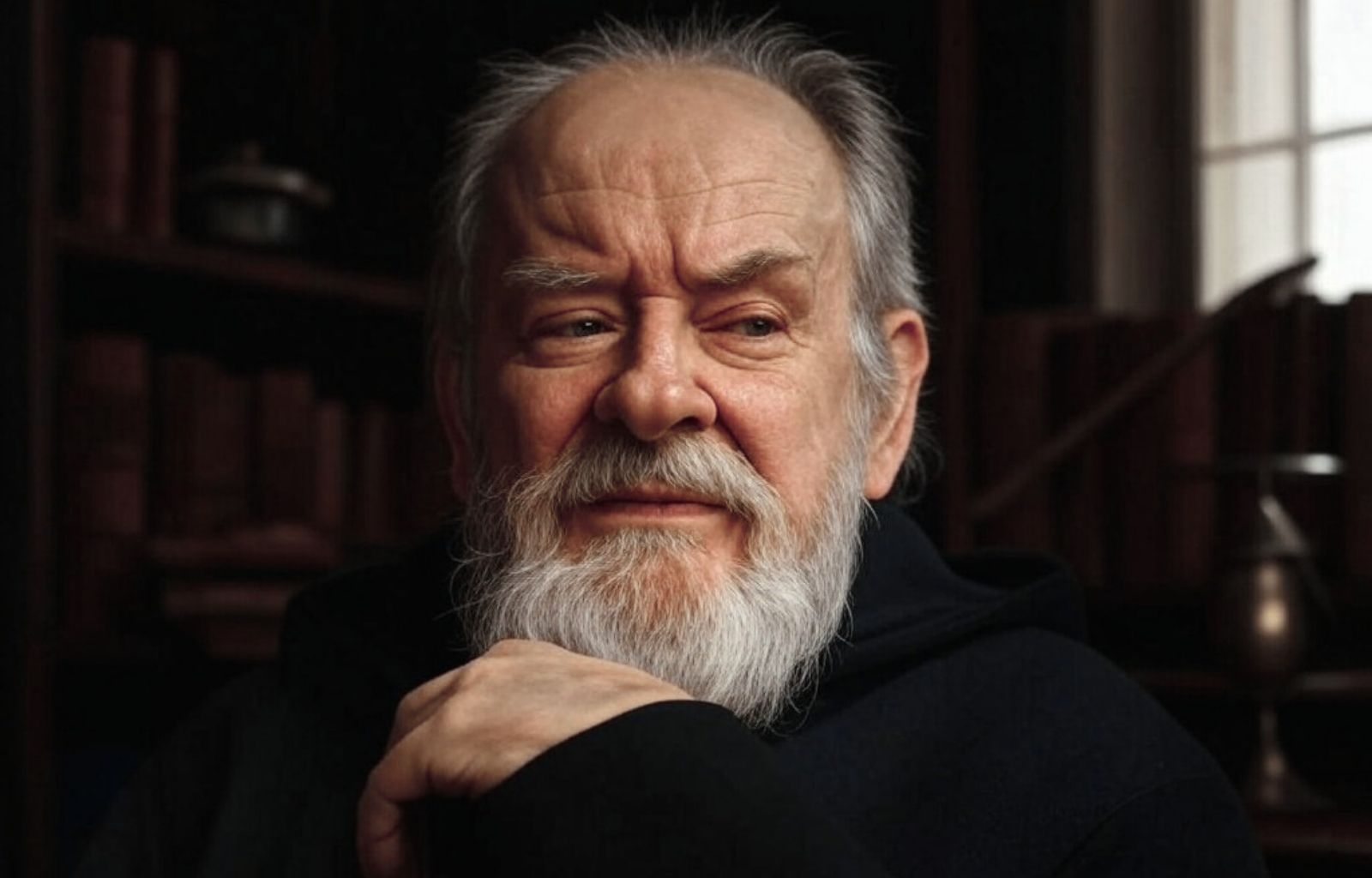
If Galileo had been born in Lapland, he would have been a reindeer herder and not the father of the experimental method, in spite of all his talent. I think any reasonable person would agree with that. Yet if we were to take the next step and ask ourselves how the constellation of Italian states that existed at the turn of the 17th century was better suited to the birth of that method than Lapland, the answers would appear surprising in the eyes of many reasonable people.
What factors, then, enabled Galileo to develop the experimental method precisely in Italy? The universities, typical creations of the Christian Middle Ages, might have something to do with it. In particular that of Padua, which hosted Galileo during the most fertile period of his studies and teaching, where research was freer than elsewhere thanks to the republican constitution of Venice (another typical remnant of the Middle Ages).
Scholars such as Cardinal Cesare Baronio, original author of the motto‘Sacred Scripture teaches how to go to heaven and not how to go to heaven‘, might have something to do with it. Or like Archbishop Alessandro Piccolomini, who repeatedly accused Aristotelianism in the 16th century of not being based on‘sensible experience‘. Or like the great historian and scientist Paolo Sarpi, a friar of the order of the Servites, who in a dense correspondence with Galileo had explained to him a mechanistic theory of the universe derived from Democritus’ fragments. Or like the Neo-Pythagoreans, especially the Franciscans, to whom we owe the idea that nature could be read‘in geometric characters‘ as early as the 13th century. Or like the Jesuits of the Collegio Romano, from whom Galileo obtained not only criticism but also insights and valuable political intercessions. Or like the alchemist Bernardino Telesio, theorist of the investigation ofnature ‘according to the principles of nature itself‘, who had enjoyed the protection of three popes one after the other.
Of course, the trial of Galileo took place and, as we all know, it went badly. The reverses in the Thirty Years’ War from 1631 onwards, when Gustavus Adolphus of Sweden had taken the field against the Catholic League, had had the double effect of increasing the terror of heresies and disgracing the Spanish prelates and their collaborators, including Giovanni Ciampoli, who was Galileo’s protector at the court of Urban VIII. There could not have been a more unfortunate time to publish the‘Dialogue Concerning the Two Chief World Systems‘.

It is also undeniable that the condemnation of Galileo remained an odious precedent to which the inquisitors later drew inspiration in order to curb, at least in a part of the Catholic world and at least in some periods, the advance of the scientific revolution. “At least in a part” and “at least in some periods” must be specified, since the counterexamples are numerous and famous (starting with the discoveries of Redi and the Accademia del Cimento made in Tuscany some thirty years later).
So why is the propaganda fairy tale of Galileo as a ‘beacon of rationality’ in the midst of a sea of darkness and superstition still so widespread? On paper, there is nothing more rational than admitting that no great intellect grows in a desert, and that without a context of lively research, generously funded by at least some authorities, no genius is capable of advancing knowledge.
How is it possible that this common-sense argument is systematically set aside in favour of a puerile legend about the good scientist who had the whole of the evil church lined up against him?
A thousand hypotheses can be made about the political movements of rupture to which the fairy-tale version of Galileo has suited them from time to time: in the 18th century, liberals annoyed by the privileges of the clergy, in the 19th century positivists infatuated with the technical superiority of the modern West over ‘barbarian’ peoples, since the mid-20th century young people struggling with sexual emancipation, and from time to time communists (especially if they had to face conservative parties with a Christian stamp). In 2000, the technocrats of data religion and the prophets of transhumanism were added.
But these occasional conveniences tell us only part of the truth. The other part, which is the most painful, is that over time we have narrowed the meaning of ‘rationality’, flattening it to naturalistic rationality alone.
And to say that the first great modern science that revolutionised Europe was precisely philology, the discreet and subtle art of the humanists, who sought the best method to reconstruct the authentic meaning of a historical source and the precise context in which it was written.
The rationality of the philologists, which is a rationality of touch and taste, has been completely overshadowed by the rationality of the naturalists, so capable of impressing sight and hearing with its marvellous discoveries and powerful inventions. But the fact that it has gone out of fashion does not make it any less rational.
And the embarrassment that certain apostles of the natural sciences provoke when they try to talk about history and promptly find themselves rattling off crude fables and childish myths unsupported by any source, certainly does not do honour to their rationality.

In short, those who prefer the myth of Galileo to the true story of Galileo prefer the fanatical exaltation of one nuance of rationality rather than the secular acceptance of all of them. This should not be the case.
Honest consultation of sources is also rationality. It is also rationality to plausibly reconstruct the contexts in which events occurred. It is also rationality to avoid ideologising history, not just rolling balls on an inclined plane to prove that acceleration is the derivative of speed with respect to time.
Remembering this could be the beginning of therapy against the identity crisis from which the West seems to be increasingly afflicted.

